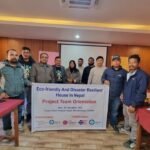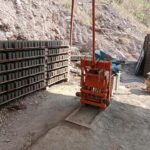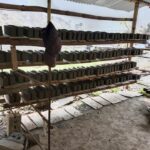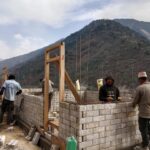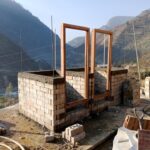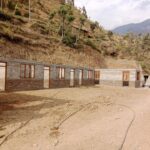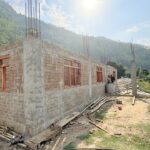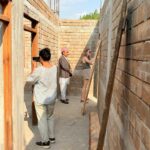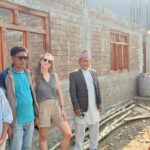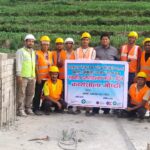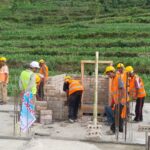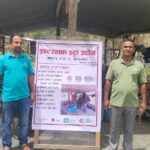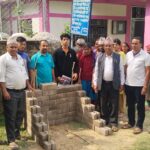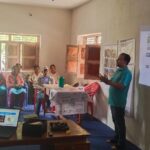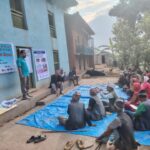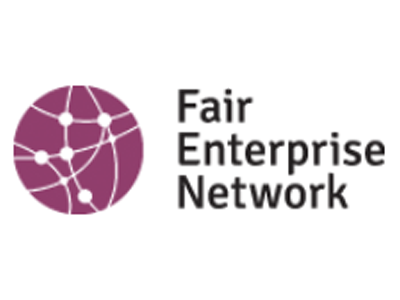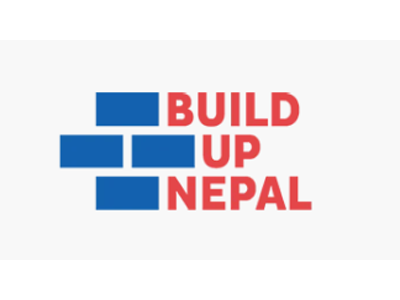Jajarkot & West Rukum
REBUILDING AND KNOWLEDGE TRANSFER
Promoting sustainable reconstruction

Place
District Jajarkot &
District West Rukum

Who
Implemented by Chay Ya Nepal,
BuildUp Nepal,
local Municipalities and communities

Partners
ADA,
Fair Enterprise Network Sweden,
Chay Ya Austria

When
2024 - 2027

For
new homes for 700 families & jobs for 700 (disadvantaged) people

Status
Ongoing
Project
Nepal is one of the world’s most disaster-prone countries. In the last decade, earthquakes and floods have destroyed more than a million homes. This project will focus on west Nepal where 79,000 families are in urgent need of safe houses after the recent earthquake in November 2023. The situation is very challenging. The location is remote, transportation is difficult and there is a lack of skilled manpower in the construction sector. However, it also presents a unique opportunity to help thousands of poor families into safe homes while introducing green, disaster resilient technology at the same time. Success in reconstruction would establish ECO2bricks as the market leading solution for low-cost, disaster resilient housing in Nepal and enable replication across the country at a large scale.
ECO2bricks or CSEB (compressed stabilized earth bricks) are made by mixing and compressing sand, soil and cement – materials which can be found locally. They interlock when stacked and are reinforced with rebar to make the structures highly earthquake resistant. Thus, ECO2bricks are cheaper (40 % less cost for the walls), safer and also more environmentally friendly (CO2 emissions reduced by 75 % and air pollution by 90 %) than the more commonly known and used fired bricks. Our partner Buil up Nepal had erected several buildings close to the epicenter of the 2023 earthquake all of which remained undamaged!
Our plan is to equip 20 MSMEs (Micro-, Small and Medium-sized Enterprises) with the knowledge and skills to produce and build with ECO2Bricks and create around 700 local job opportunities (the majority held by women, youth and disadvantaged groups, plus builders receiving new skills). 700 safe homes and 10 public buildings will be built during the project period, saving almost 6,650 tonnes of CO2.
This project will also have long-lasting results well beyond the project period. Economic growth will be stimulated in the area, with lasting skills and job opportunities generated, promoting long-term recovery and resilience. It will help replace fired bricks (cutting the country’s CO2 emissions and air pollution) and make safe houses affordable for marginalised families. At the core of the project is sustainability- we will strengthen local capacity so that the model becomes financially sustainable beyond the project period and continues to scale. Nepal will become an example of how a disaster-prone country can build back better (and preventively), create resilient livelihoods and save lives.
Updates
June 2025
The first few months were mainly used to talk to local residents. Most of them were not yet familiar with ECO2Bricks and had to be convinced of their benefits. Various information materials were produced and distributed, meetings were organized in twelve different communities, a public model building was built, a first entrepreneur for the production of ECO2Bricks was registered and the first workshops for masons were held.


